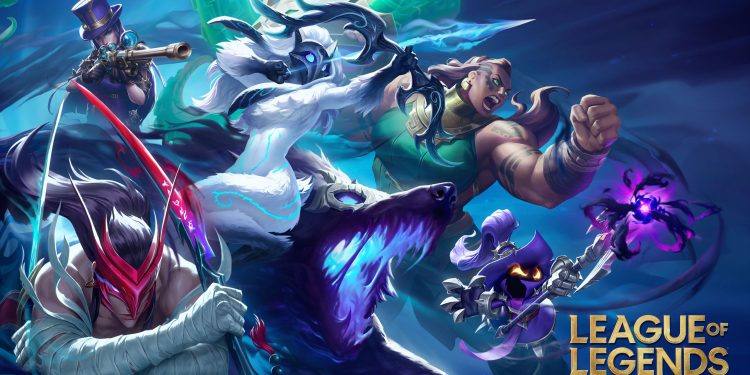Have you ever found yourself at a family gathering where everyone has an opinion on the latest hot topic? Well, that’s exactly what’s happening in the esports world right now! Riot Games just announced a significant policy change regarding sponsorships from betting companies. It feels like we’re all sitting around the table debating this new direction, and let me tell you, it’s stirring up quite a conversation!
Last week, I shared some whispers about Riot possibly allowing VALORANT and League of Legends esports teams to partner with betting firms for the very first time, and guess what? They’ve confirmed it! Starting in 2025, partnered teams in both games within the Americas and EMEA will be able to explore these sponsorship opportunities.
This is truly a cultural change for Riot Games. For as long as I can remember, they’ve been staunchly against any form of gambling sponsorships in their esports realms, alongside cryptocurrency partnerships. But times are changing!
A recent statement from Riot’s Esports COO made it clear: they’re ready to adopt this new chapter. The quote goes something like this:
A few weeks ago, we told partnered LoL Esports and VCT teams in Americas and EMEA that starting in 2025, they’ll be allowed to explore partnerships with Riot-approved betting platforms… This decision wasn’t made lightly, it’s the result of careful study…
The intention here is not just about making money; it’s also about making sure fan experiences remain intact while offering new revenue opportunities for teams. However, before you start imagining ads popping up during your matches or seeing logos plastered everywhere, there are some ground rules:
- No betting brands will appear on official broadcasts or jerseys.
- All potential partners must meet specific standards make sure integrity and transparency.
You see? They’re approaching this with caution, a little bit like when you’re trying out a new dinner recipe. The response from fans has been understandably mixed. While it’s no secret that esports betting contributes significantly (around 50%) to global industry revenue, many fans are concerned about how this might affect competitive integrity. It’s like introducing pineapple on pizza, some people love it while others think it’s sacrilege!






















